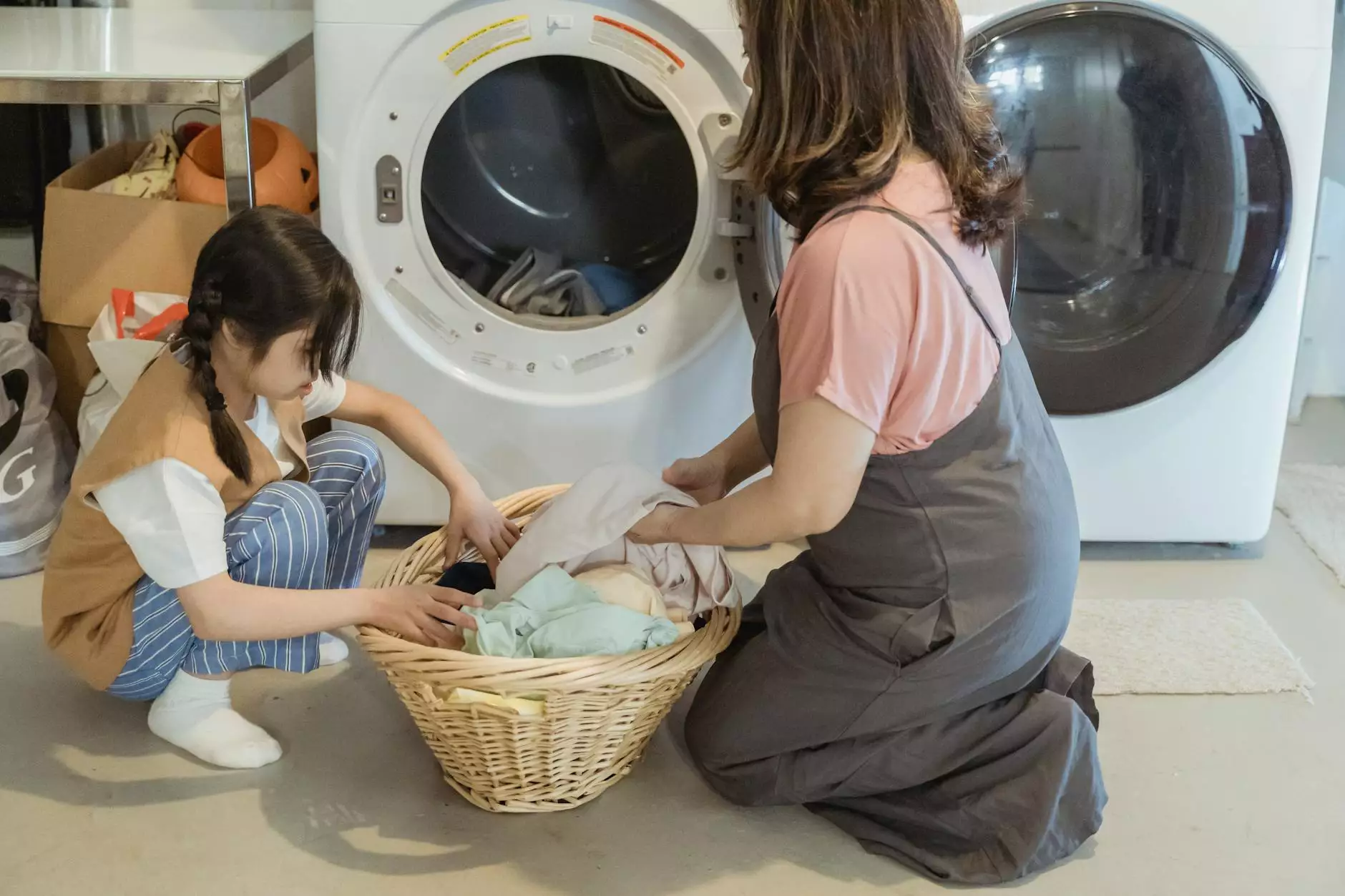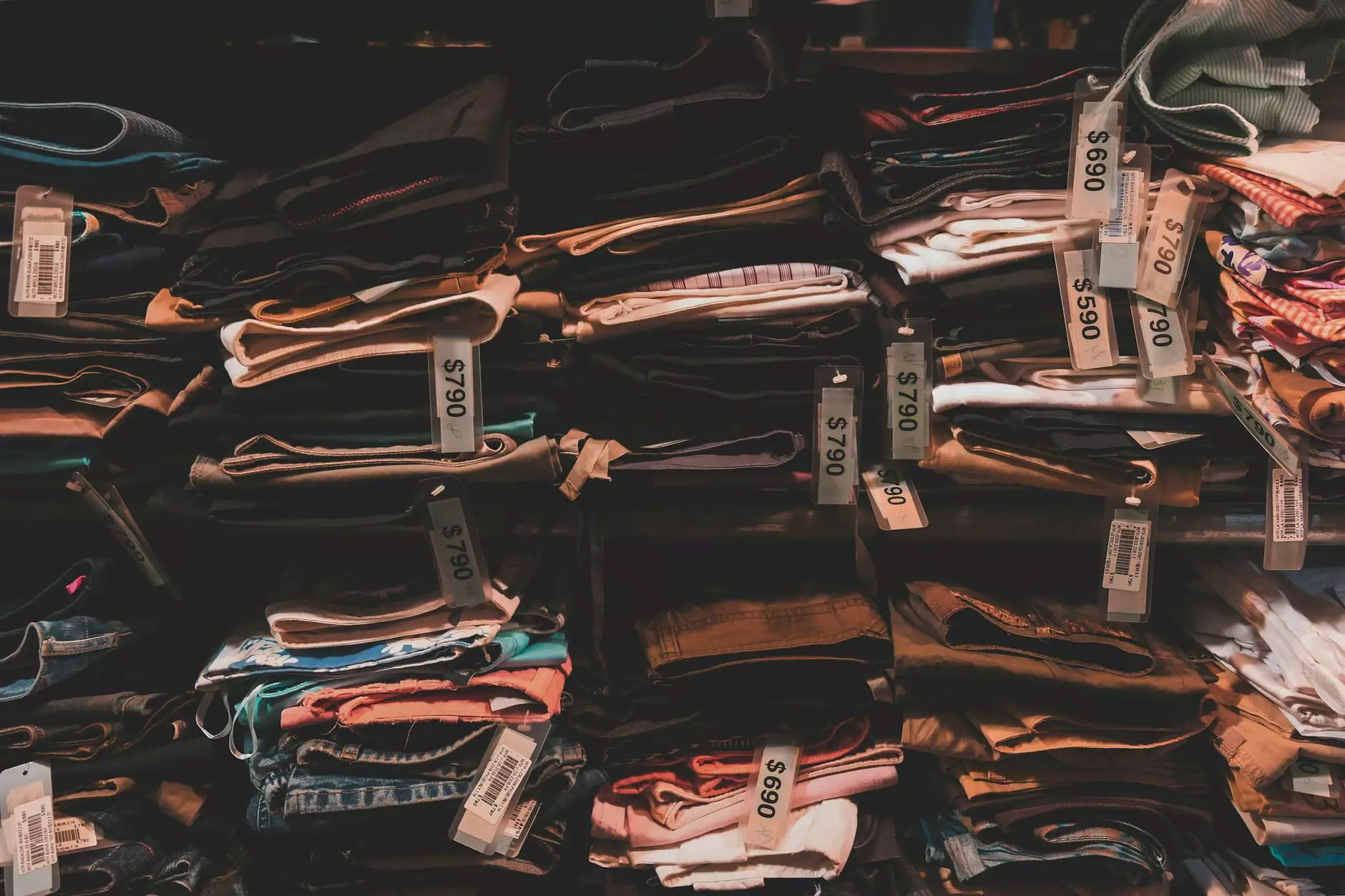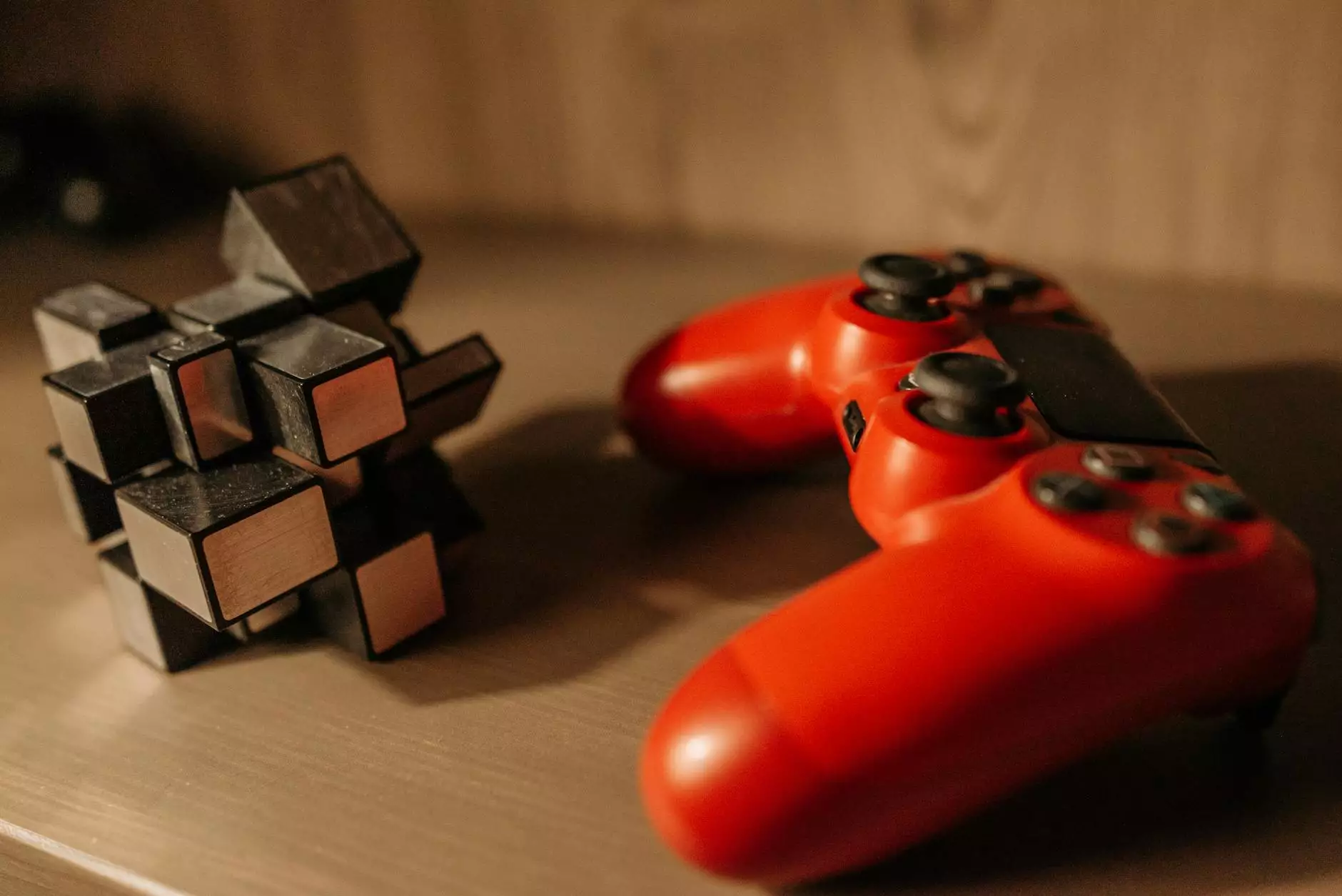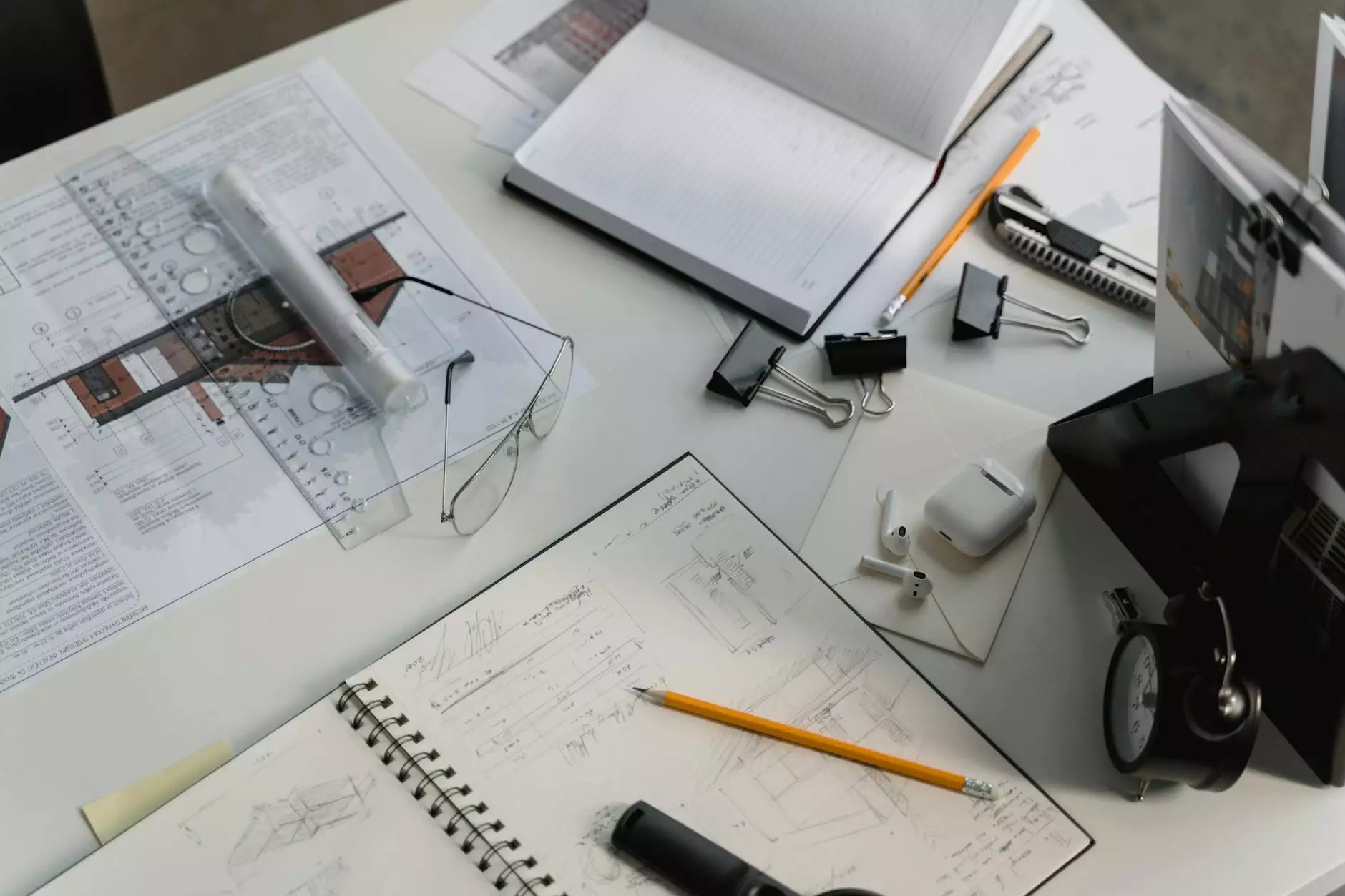Understanding Bad Home Wiring: Causes, Effects, and Solutions
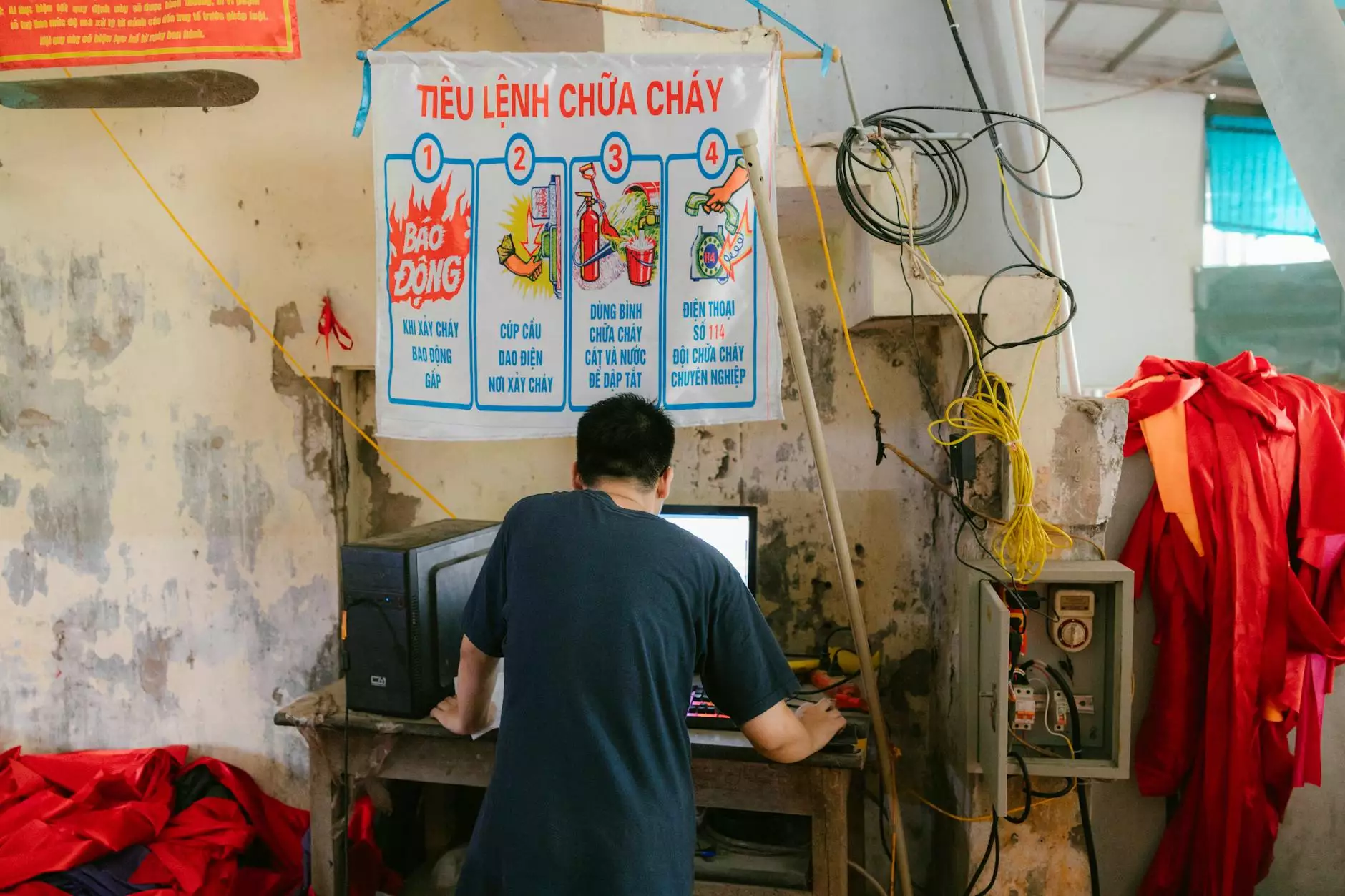
When it comes to maintaining a safe and functional home, one of the most critical aspects to consider is the electrical system. Unfortunately, many homeowners neglect the state of their wiring, leading to what we call bad home wiring. Understanding the implications of this issue can save you time, money, and potential hazards in the long run.
The Importance of Safe Electrical Wiring
Your home’s wiring system plays a pivotal role in ensuring safe energy consumption. Proper electrical setup not only provides reliable power to your devices but also guards against fire hazards and electrical shocks. Recognizing and addressing bad home wiring is crucial for every homeowner.
What Constitutes Bad Home Wiring?
Bad home wiring can refer to several issues, including:
- Old Wiring: Many homes built decades ago may still have outdated electrical systems that do not comply with modern safety standards.
- Amateur DIY Jobs: Home improvement projects can lead to poorly executed wiring that increases risks.
- Overloaded Circuits: Using too many devices on a single circuit can cause overheating and failure.
- Improperly Installed Outlets and Switches: Faulty installations can lead to short circuits and fire hazards.
- Exposed Wiring: Wiring that isn't properly insulated can pose severe electrical shock risks.
Common Signs of Bad Home Wiring
Identifying bad home wiring is essential for prevention. Here are the most common signs to watch out for:
- Flickering Lights: Unexpected lighting fluctuations indicate potential wiring issues.
- Burning Smell: If you smell something burning near electrical outlets or switches, turn off the power immediately.
- Frequently Blown Fuses or Tripped Breakers: This is a sure sign that your circuits are overloaded or have faulty wiring.
- Warm or Discolored Outlets: Touching an outlet that feels warm can signal a serious problem.
- Inconsistent Power Supply: Devices not receiving consistent power are often a result of wiring problems.
Potential Dangers of Bad Home Wiring
The risks associated with bad home wiring cannot be overstated. Here are some of the most significant dangers:
- Electrical Fires: One of the greatest hazards of faulty wiring is the increased risk of fire. According to the National Fire Protection Association, a significant number of electrical fires are caused by faulty wiring.
- Electrical Shocks: Poorly insulated or exposed wiring can lead to serious injuries, including electrical shocks.
- Damage to Appliances: Inconsistent power supply can damage sensitive electronics and appliances.
How to Fix Bad Home Wiring
Addressing bad home wiring is not a DIY task for the average homeowner. Engaging a professional electrician is essential for remedying wiring issues safely and effectively. However, here are some initial steps you can take:
1. Schedule an Electrical Inspection
Contact a licensed electrician to conduct a thorough inspection of your home’s wiring. They can identify potential hazards and deficiencies in your electrical system.
2. Upgrade Your Electrical Panel
If your home still operates on an outdated circuit panel, consider upgrading to a modern one that can accommodate the electrical demands of today.
3. Replace Old Wiring
If your wiring is older than 30 years, it may need to be replaced entirely. Modern wiring standards are much safer and can handle more power.
4. Ensure Proper Grounding
Proper grounding is crucial for safety. Make sure your electrical system is adequately grounded, which will protect you from electrical surges and shocks.
Preventing Bad Home Wiring
Once you have resolved existing issues, taking steps to prevent bad home wiring in the future is vital. Here are some prevention tips:
- Regular Inspections: Schedule regular professional inspections of your electrical system every few years.
- Avoid Overloading Circuits: Be mindful of how many devices you plug into a single outlet.
- Use Surge Protectors: Protect your devices from power surges with high-quality surge protectors.
The Role of Professional Electricians
While some homeowners may be tempted to undertake electrical work themselves, the expertise and experience of professional electricians are invaluable. Here’s why:
- Safety First: Professionals know the safest methods to handle electrical issues and can prevent accidents.
- Expert Knowledge: Licensed electricians have sufficient knowledge of local electrical codes and standards.
- Quality Work: Hiring a professional ensures that the job is done right the first time, minimizing future risks.
Conclusion: Keep Your Home Safe from Bad Wiring Issues
In conclusion, understanding the implications of bad home wiring is essential for every homeowner. With proper attention, ongoing inspections, and being proactive about electrical system maintenance, you can safeguard your home from potential electrical hazards. Do not hesitate to contact a professional electrician at wallselectrical.ca to ensure the electrical safety of your home. Remember, your family's safety is worth the investment in professional wiring services.
Key Takeaways
- Identify signs of bad home wiring early.
- Engage professionals for inspections and repairs.
- Invest in modern safety standards and upgrades for your electrical system.
